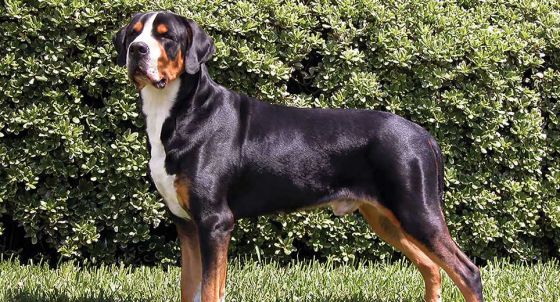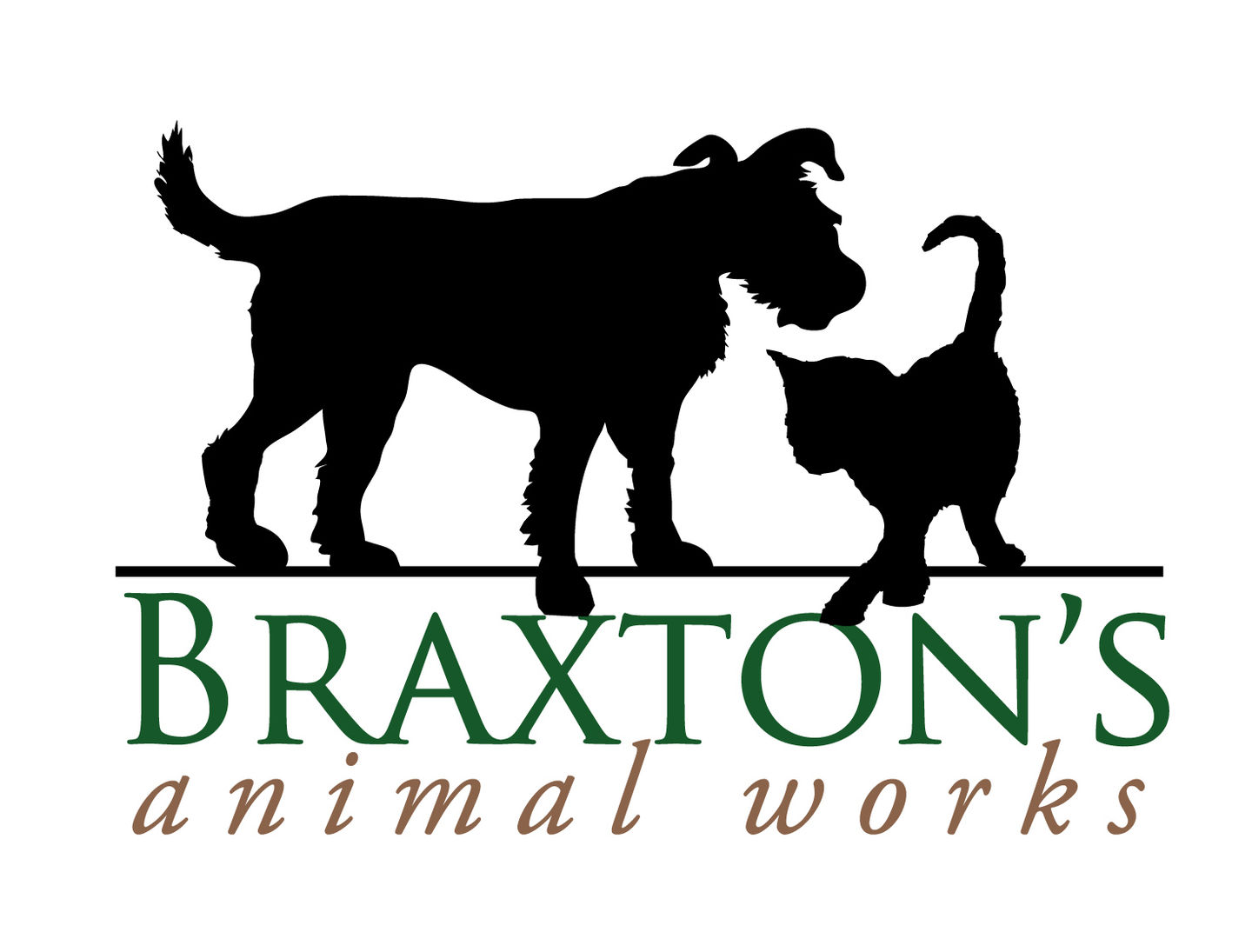We see Bernese Mountain Dogs on a daily basis in Braxton's Animal Works. They are some of our favorite customers! (Although we do say that about a lot of our customer's pets...) Their docile demeaner, beautiful coats, energy, and lovable faces makes them a great perk of working at Braxton's. We wanted to take the time and bring awareness to this amazing breed and discuss some of the amazing traits they can bring to your family.
Origin:
The Bernese Mountain Dog (commonly known as "Berners") is named for the Canton of Bern in Switzerland. They are working dogs with origins in the farm areas of Switzerland. Berners were originally a versatile farm dog breed. Their robust, hardy frames and docile, people-oriented dispositions made them excellent companions and watchdogs for the farmer. They were also used to pull carts and to accompany cows for short distances to pasture.
Bernese Mountain Dogs began to specialize over time as working dogs. They were increasingly employed for herding, drafting, and cart-pulling. In the late 1800s and early 1900s, Berners began to be imported to other countries, including the United States. Today, they are still used as working dogs on farms, but they are also popular companion animals.
There are 4 types of mountain dogs: Bernese Mountain Dogs, Greater Swiss Mountain Dogs, Entlebucher, and the Appenzeller Sennenhund. Bernese Mt. Dogs have long, double coat, yet the Greater Swiss Mt. Dogs are short haired. AKC recognized the Berner in 1937 and the Greater Swiss in 1995. The Entlebucher was recognized and added to the AKC in 2011. The American Kennel Club (AKC) only recognizes the short-haired type. The long-haired type is recognized by the United Kennel Club (UKC). As you can imagine the amount of shedding is very different between the delegations.

Description & traits:
The Bernese Mountain Dog is a striking, tri-colored, large dog. They are intelligent, strong and agile enough to do the draft and droving work for which they were bred.
Males usually weigh 80-115lbs and females weigh 70-95 lbs. By nature, Berners are alert and affectionate dogs. With the training essential for ownership of a large working breed, Berners are generally gentle, easygoing and tolerant.
They are also typically great with children. They don't bark excessively unless they are neglected for a long period of time. When separated from people or activity, they do not perform well. Behavior problems are likely to develop when they are deprived of considerable interaction with people. Berners need to live where you are and should be inside with the family. They do not do well as kennel dogs and should never be tied outside and left. Berners love to be walked but are susceptible to bloat so be cautious with exercise and activities after meals.
As you would expect with their heavy coat and rugged appearance, Bernese love the cold and snow which makes them great companions for our Northeast climate. But both their size and heavy black coats make these dogs susceptible to heat stroke.
Berners do best in a climate-controlled environment during hot weather, especially if not acclimated to warm temperatures. Activities during the hotter months should be confined to the coolest times of day.
Berners can also be really good chewers! So having good options in your home to chew on is a must. Chew preferences range from dog to dog, but you can find anything you need to entertain your Berner pup at Braxton's!
Maintenance
The Bernese Mountain Dog is a double-coated breed. Shedding is considerable. However, a Berner’s coat is relatively easy to maintain. A periodic bath and frequent brushing will maintain a neat appearance. The coat is water resistant and will shed dirt easily.
Although the Bernese Mountain Dog is an active dog, they are not hyperactive and do not need a lot of space. They will be content in an apartment or home with a small yard as long as they get plenty of daily exercise. A fenced yard is ideal for romping and playing fetch. A vigorous game of catch will help to keep your Berner physically and mentally stimulated.
While walking or running is good exercise for any dog, it is especially important for the Bernese Mountain Dog since this activity helps to prevent bloat, a potentially fatal condition that can affect deep-chested breeds.
In conclusion, the Bernese Mountain Dog is an active, large working breed that requires daily exercise and plenty of human interaction. They are best suited for homes with yards and climates that are not too hot. Although they shed heavily, their coats are relatively easy to care for. With proper training and socialization, Berners make great companion animals for families with children.
Do you have a Berner? Or Perhaps a Berna-doodle (Bernese-Poodle Mix)? We would love to hear what kind of characteristics your companion has!

